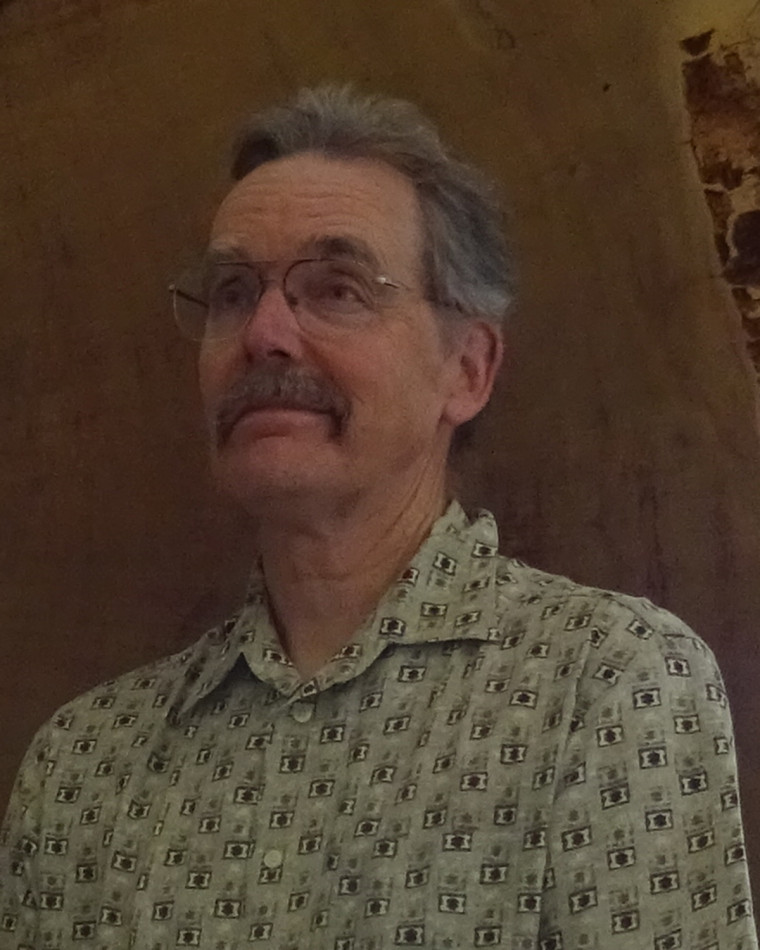Paul Sheppard
Associate Professor

-
Bannister 407
Dr. Sheppard uses dendrochemistry to assess changes through in environmental chemistry:
Volcanic Effects:
Dendrochemistry can help date of volcanic eruptions, which typically change soil chemistry because of ashfall. Sunset Crater of northern Arizona and various volcanoes of the Chilean Andes are being studied.
Public Health:
Dendrochemistry is being applied to assess changes in environmental chemistry in towns with public health events, such as cancer clusters or other occurrences of other illnesses. In addition to tree rings, this research can include other data types, including soil, inhalable dust, and lichens and mosses.
General Pollution Studies:
Dendrochemistry might reflect changes in nitrogen in the atmosphere due to anthropogenic fixation of nitrogen. Measurement of nitrogen in wood is complicated, so basic research on techniques is ongoing.
Video for Outreach and teaching:
Video is being used for conveying scientific findings to broad audiences of people who might not otherwise read journal articles. Video is also useful as a classroom technique for engaging students deeply in content.
Teaching
Current courses being taught:
Environmental History of the Southwest
Sense of Place
Great US Ecological Catastrophes
Other courses taught:
Introduction to Dendrochronology
Dendrochronology Workshop
Dendrochronology Intensive Summer Course

